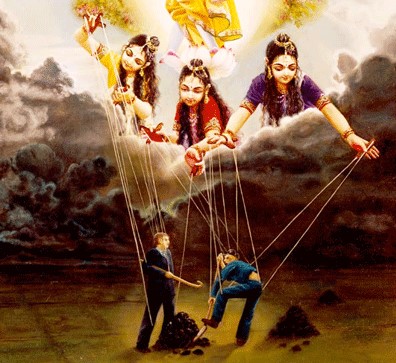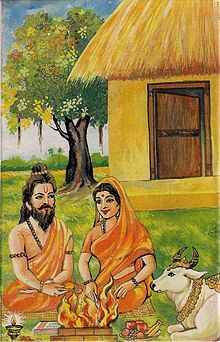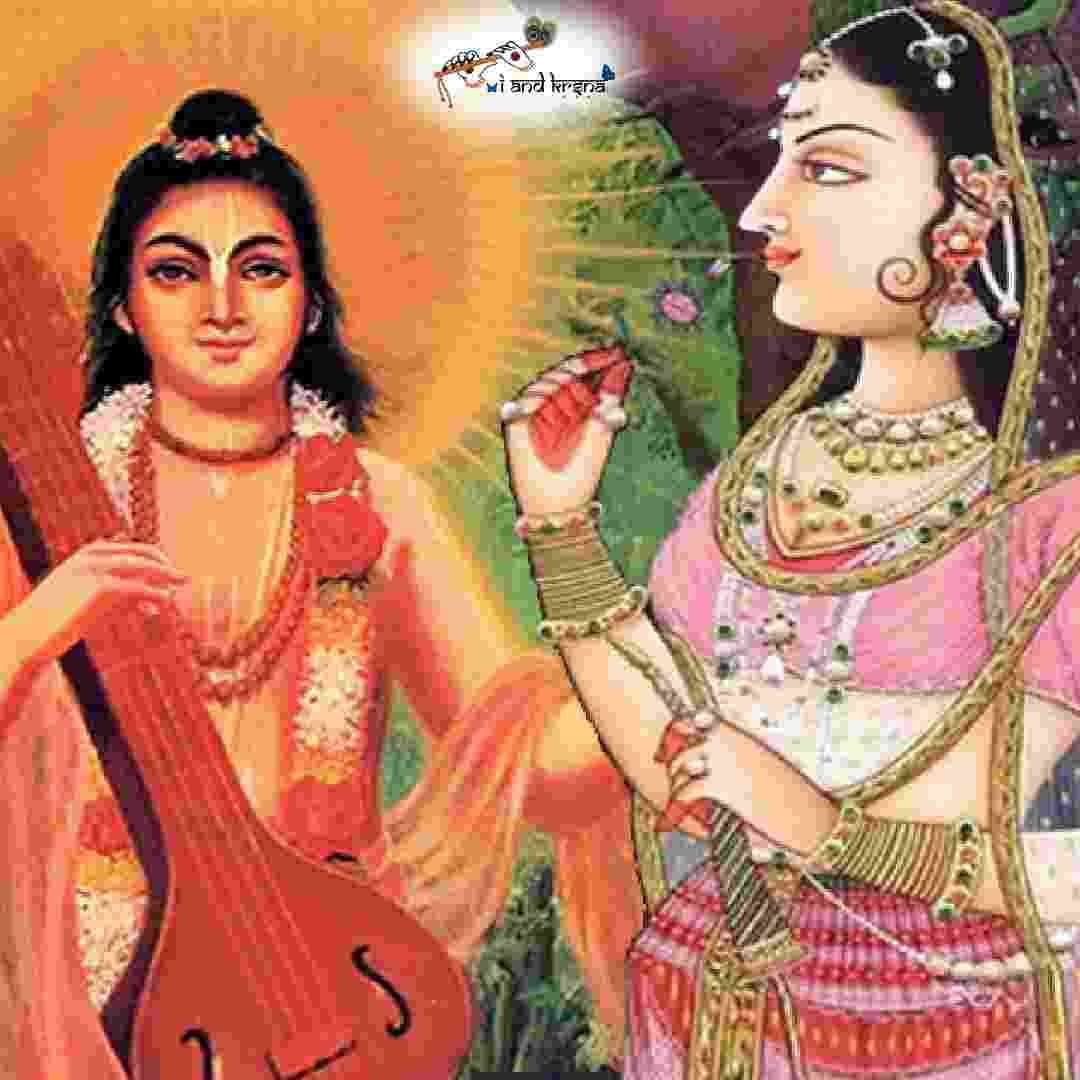Goodness in the material world never exists in a pure form. Therefore, it is common knowledge that on the material platform no one is working without personal motivation. In the material world goodness is always mixed with some amount of passion and ignorance, whereas spiritual, or purified, goodness (viśuddha-sattva) represents the liberated platform of perfection. Materially, one is proud to be an honest, compassionate man, but unless one is fully Kṛṣṇa conscious one will speak truths that are not ultimately significant, and one will give mercy that is ultimately useless. Because the onward march of material time removes all situations and persons from the material stage, our so-called mercy and truth apply to situations that shortly will not exist. Real truth is eternal, and real mercy means to situate people in eternal truth. Still, for an ordinary person, cultivation of material goodness may be a preliminary stage on the road to Kṛṣṇa consciousness. For example, it is stated in the Tenth Canto of Śrīmad-Bhāgavatam that one who is addicted to meat-eating cannot understand the pastimes of Lord Kṛṣṇa. By cultivation of the material mode of goodness, however, one may become a vegetarian and perhaps come to appreciate the sublime process of Kṛṣṇa consciousness. Since it is clearly stated in Bhagavad-gītā that the material modes of nature constantly rotate, one must take advantage of an elevated position in material goodness to step onto the transcendental platform. Otherwise, as the wheel of time turns one will again go into the darkness of material ignorance.
Source: A.C. Bhaktivedanta Swami Prabhupada (2014 edition), “Srimad Bhagavatam”, Eleventh Canto, Chapter 13 – Text 01.





















Leave A Comment